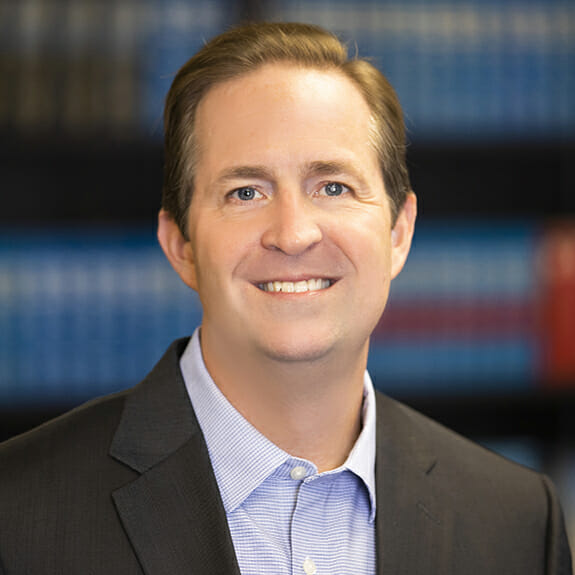David S. Weigand is a principal attorney in the intellectual property group. He prepares and prosecutes domestic and international patent applications in a variety of technical areas, including telecommunications, semiconductor devices and device fabrication, process control systems, defense industry technologies, computer hardware and software, electrical circuitry, lighting systems, aircraft components, and medical devices. David also counsels clients in the areas of portfolio management, licensing, patentability, and infringement analyses.
David earned a B.S. in mechanical engineering from Oklahoma State University, where he was a member of Pi Tau Sigma and Phi Kappa Phi honor societies. He received his J.D. from Southern Methodist University Dedman School of Law. Prior to his legal career, David worked as an information technology consultant and project manager.
